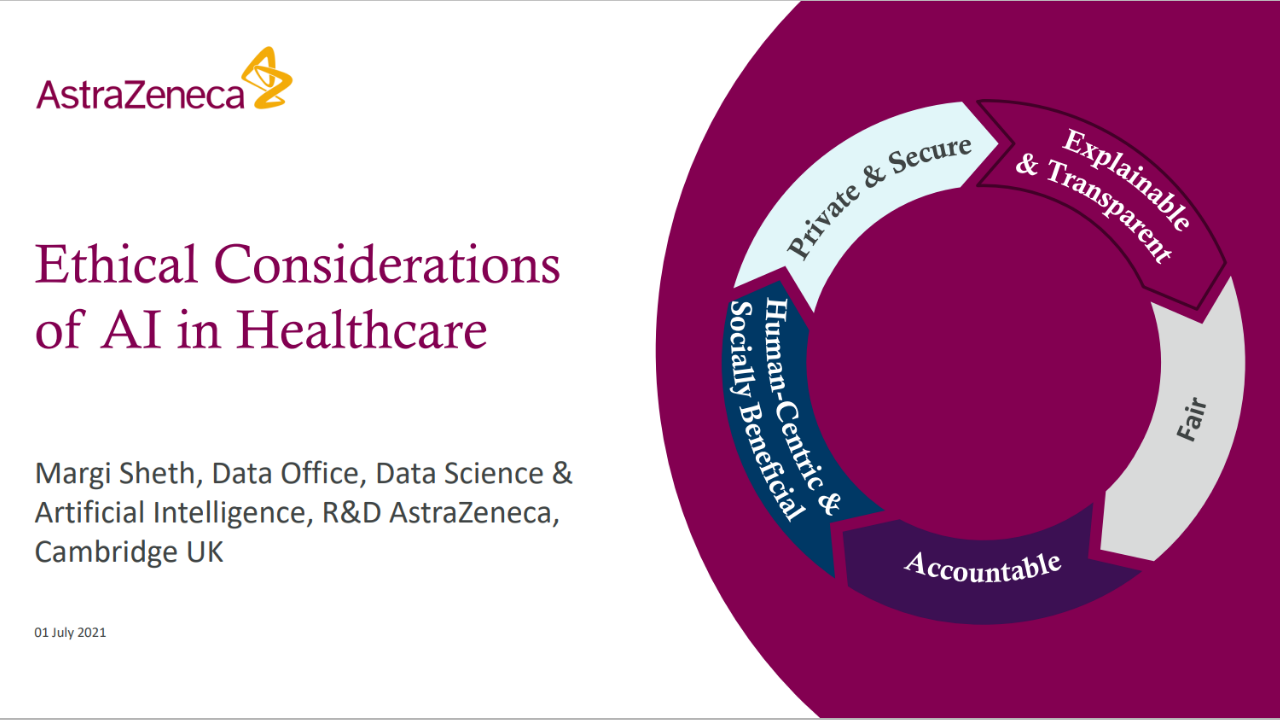
AI’s Impact on Healthcare: Breakthroughs and Ethical ConsiderationsAI’s Impact on Healthcare: Breakthroughs and Ethical Considerations Artificial intelligence (AI) has emerged as a transformative force in healthcare, revolutionizing patient care, research, and industry practices. Its groundbreaking applications are yielding significant benefits, but also raise important ethical considerations that must be carefully addressed. Breakthroughs in Healthcare * Precision Medicine: AI algorithms can analyze vast datasets of genetic and health records to identify personalized treatment plans and predict disease risks. This enables tailored therapies that improve outcomes and reduce costs. * Automated Diagnostics: AI systems can accurately diagnose diseases and conditions from medical images and data. This speeds up diagnosis, reduces errors, and allows for earlier intervention. * Personalized Drug Discovery: AI accelerates drug discovery by identifying potential candidates and predicting their efficacy and safety. This streamlines the process and brings new treatments to market faster. * Patient Monitoring and Care Management: Wearable devices and AI algorithms can monitor patient health in real-time, detect anomalies, and provide timely alerts. This empowers patients and improves care management. * Virtual Health Assistants: AI-powered virtual assistants provide support and guidance to patients, answer questions, and offer access to information. They enhance convenience and reduce the burden on healthcare providers. Ethical Considerations * Data Privacy and Security: AI systems require vast amounts of data, raising concerns about data breaches and the potential for misuse or discrimination. Strict regulations and privacy measures are essential. * Algorithmic Bias: AI algorithms can be biased if trained on biased data. This can lead to unfair or inaccurate diagnoses and treatment recommendations. Ensuring data diversity and transparency is crucial. * Job Displacement: AI technologies may automate certain healthcare tasks, potentially displacing workers. Retraining and upskilling programs are necessary to mitigate this impact. * Ethical Use of AI: Decisions made by AI systems, such as diagnostic recommendations, should be transparent and explainable. Healthcare professionals must be involved in the development and deployment of AI algorithms to ensure they align with ethical values. * Medical Liability: As AI becomes more prevalent in healthcare, it raises questions about legal responsibility in cases of errors or misdiagnoses. Clear guidelines and regulations are needed to address these issues. Conclusion AI has the potential to revolutionize healthcare, offering breakthroughs that improve patient outcomes and streamline industry processes. However, ethical considerations must be carefully addressed to ensure data privacy, algorithmic fairness, and the appropriate use of technology. By embracing ethical principles and fostering collaboration between healthcare professionals and AI experts, we can harness the transformative power of AI to enhance human health and well-being.
Posted inNews